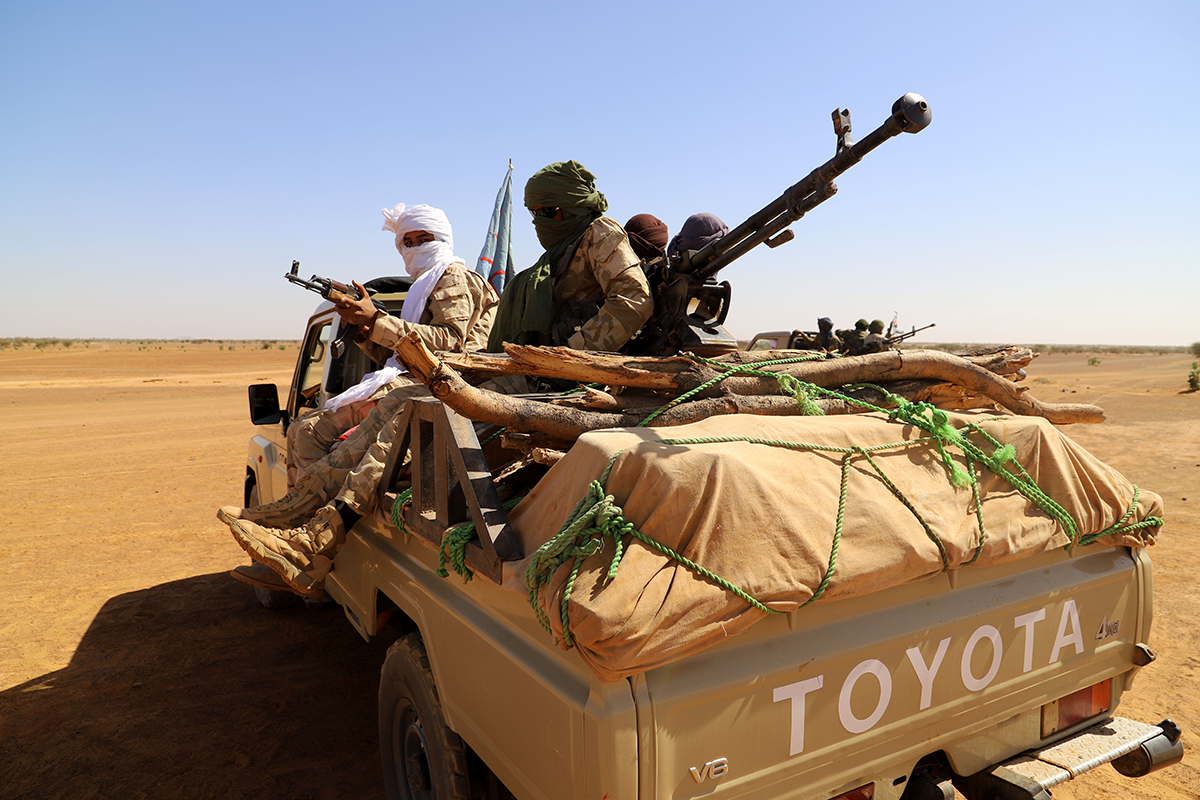With the United States in the process of withdrawing its 1,000 troops from Niger and also about 75 from neighboring Chad, Western military officials and experts are concerned that violent extremist groups are growing in size and influence across Africa, posing a threat to the US and Western allies.
A recent UN Security Council “Arria-formula” meeting in Sierra Leone on “Combating the Rise of Terrorism and Violent Extremism in West Africa and the Sahel” highlighted the protracted and expanding terrorist violence that has plagued West Africa and the Sahel region for more than a decade. Officials and experts from the UN, African Union, ECOWAS heard that the threat had been greatest in the Sahel states of Burkina Faso, Mali, and Niger, where violent extremist groups linked to al-Qaida and the Islamic State group frequently attack security forces and civilians, have seized territory, and have blockaded towns. Efforts to respond to the threat are in a period of transition, as France’s decade-long counter-terrorism operations have ended, the US troops are pulling out from Niger, while the three Sahel states are increasing their military cooperation with Russia, most notably through the Wagner mercenary group.
Speaking during a conference of African chiefs of defense in Botswana last week, US defense and military officials described the threats and their concerns about growing instability in Africa and what implications the ouster of American troops and a decline in US intelligence gathering could have for future counter-terrorism operations on the continent. “I think we can all agree, what happens in one part of the world, does not stay in one part of the world,” Air Force Gen. CQ Brown, chairman of the Joint Chiefs of Staff warned, spurring questions from African military chiefs about what Washington could do to help stem the spread of insurgents in West Africa, the Gulf of Guinea and the Sahel. “As we’re in transition and resetting, we need to maintain capabilities to get enough intelligence to identify warnings of a threat out there,” Gen. Michael Langley, head of US Africa Command, said, adding that the US is still trying to assess the militant groups’ capabilities as they grow.



